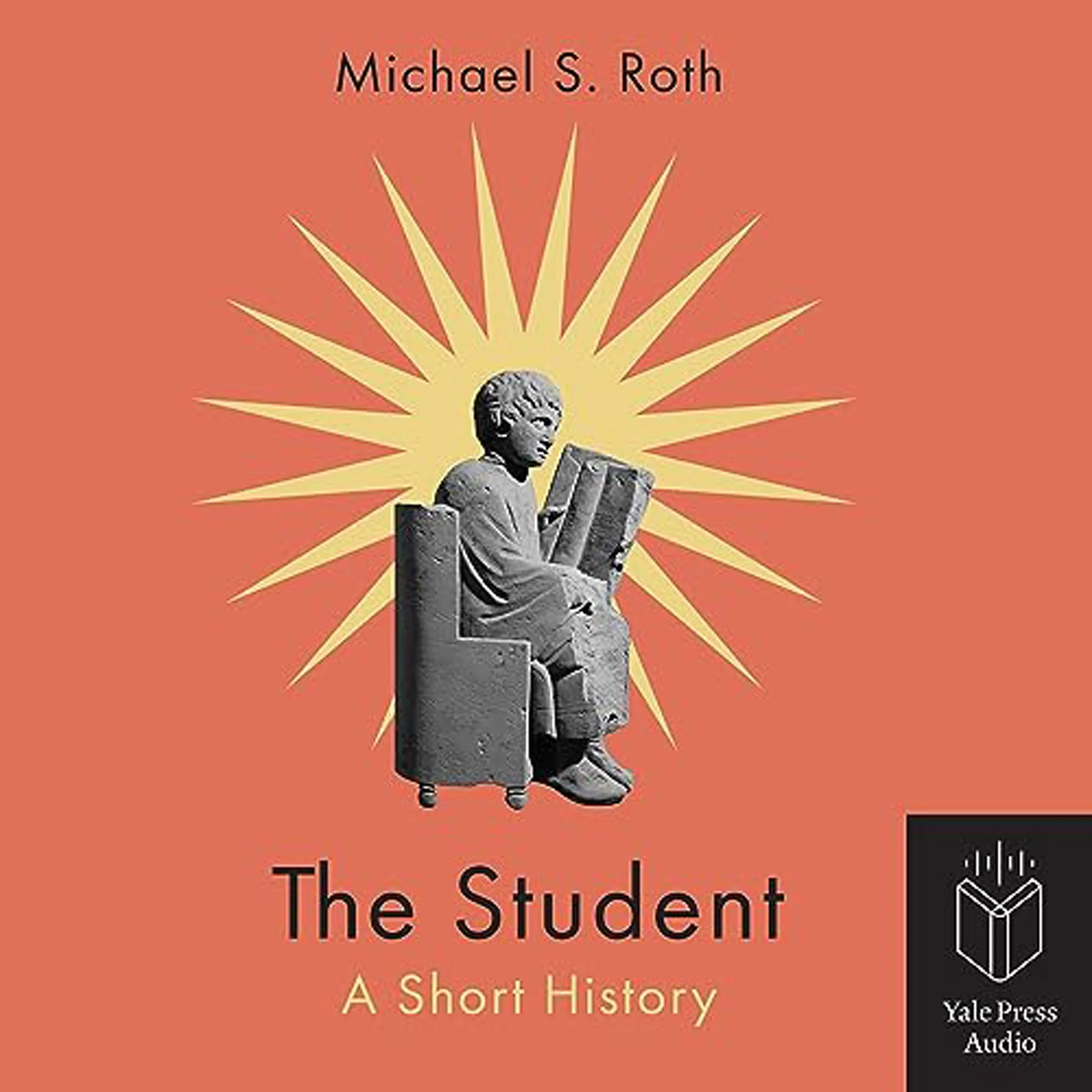Dancer, Writer, Choreographer
Associate Director of Dance at The Juilliard School, NYC
In both writing a first draft and in the improvisation of a dancing body, what is so key and relevant and exposed is voice. That internal voice of the artist of what they're writing on the page or what they're writing in space. If you go to fiction workshop, you talk about plot, structure, and you talk about character development, but there are very few classes within a dance curriculum where you break down an improvisation and you talk about voice, point of view, metaphor, or musical composition within a phrase. The lifespan of a phrase. And so this realisation is helping me understand that a one minute post of improvisation or even a ten-minute span of improvisation if it’s recorded is very similar to a first draft of creative writing, where then the artist is in a position to evaluate those 10 minutes and identify what is the setting? What is the voice that has come out of my experience of writing this first draft of an improvisation? And how can I give it structure? How can I give it form?



















